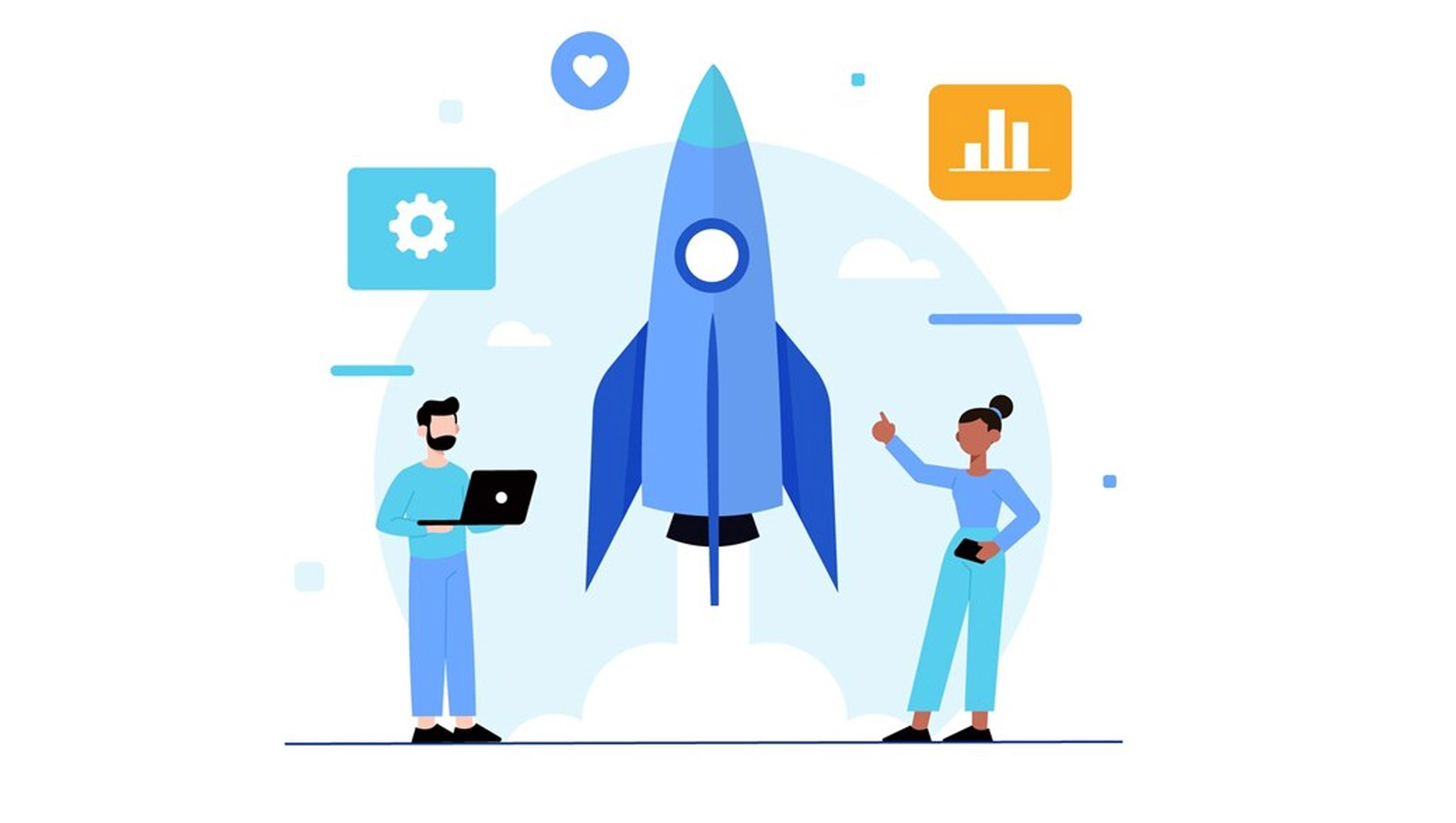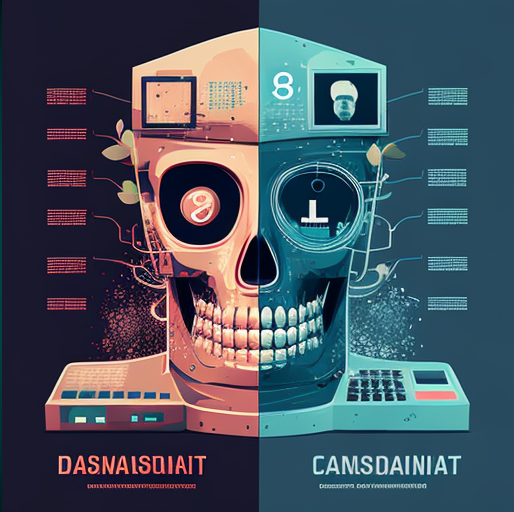When it comes to marketing, there are many different strategies and techniques that businesses can use to promote their products or services. Two popular options are performance marketing and digital marketing. While they may seem similar on the surface, there are some key differences between the two. In this article, we’ll explore what sets performance marketing apart from digital marketing and how they can be used effectively.
Performance Marketing: The Bottom Line Approach
Performance marketing is a results-driven approach that focuses on measurable outcomes. With performance marketing, businesses pay for specific actions or results, such as clicks, leads, or sales. The goal is to maximize return on investment (ROI) by only paying for actual results rather than general exposure.
How Performance Marketing Works
In performance marketing, businesses collaborate with publishers or affiliates who drive the desired actions or results. These partners are compensated based on the performance of their campaigns or activities. The tracking and measurement of key metrics are crucial in performance marketing to ensure transparency and accountability.
Benefits of Performance Marketing
One of the main advantages of performance marketing is its high level of accountability. Businesses can directly tie their marketing efforts to specific results and track the effectiveness of each campaign or partner. This allows for better optimization and allocation of resources to maximize ROI.
Another benefit of performance marketing is its cost-effective nature. Businesses only pay for the actual results achieved, rather than paying for impressions or clicks that may not lead to conversions. This makes performance marketing a valuable option for smaller businesses with limited budgets.
Digital Marketing: A Holistic Approach
On the other hand, digital marketing encompasses a broader range of tactics and strategies that aim to create brand awareness, generate leads, and drive sales through online channels. It includes various channels such as search engine optimization (SEO), social media marketing, email marketing, content marketing, and more.
How Digital Marketing Works
Digital marketing takes a holistic approach by utilizing multiple channels to reach and engage with target audiences. It focuses on building brand presence, creating valuable content, and nurturing relationships with potential customers throughout their buying journey. The goal is to establish a strong online presence and build a loyal customer base.
Benefits of Digital Marketing
One of the key benefits of digital marketing is its ability to create brand awareness and reach a wider audience. By leveraging multiple channels, businesses can increase their visibility and attract potential customers from various online touchpoints. This can lead to increased brand recognition and customer loyalty over time.
Digital marketing also allows for better targeting and personalization. With robust analytics tools and data-driven insights, businesses can identify their ideal customers, tailor their messages and offers, and deliver them to the right people at the right time. This can result in higher conversion rates and better overall ROI.
Which Approach Is Right for Your Business?
The choice between performance marketing and digital marketing largely depends on the specific goals and resources of your business. Here are a few factors to consider:
- Budget: Performance marketing may be more suitable if you have a limited budget and want to focus on driving tangible results. Digital marketing requires consistent investment in multiple channels and long-term efforts.
- Objectives: If your primary goal is to generate immediate sales or leads, performance marketing may be the way to go. If you want to build brand awareness, establish thought leadership, or nurture long-term relationships, digital marketing is a better fit.
- Target Audience: Consider your target audience and their online behavior. If they are actively searching for specific products or services, performance marketing through search engine advertising could be effective. If they spend a lot of time on social media or consume content regularly, digital marketing on those channels would be more beneficial.
- In reality, many businesses combine both approaches to maximize their marketing efforts. They might focus on performance marketing campaigns to drive immediate results while also investing in digital marketing for long-term brand building and customer engagement.
In conclusion, performance marketing and digital marketing are two distinct approaches to promoting products or services. Performance marketing focuses on measurable results and is highly accountable, while digital marketing takes a holistic approach to create brand awareness and engage with target audiences. The choice between the two depends on your specific goals, budget, and target audience. By combining both approaches, businesses can maximize their marketing efforts and achieve the best possible results.






Leave a Reply